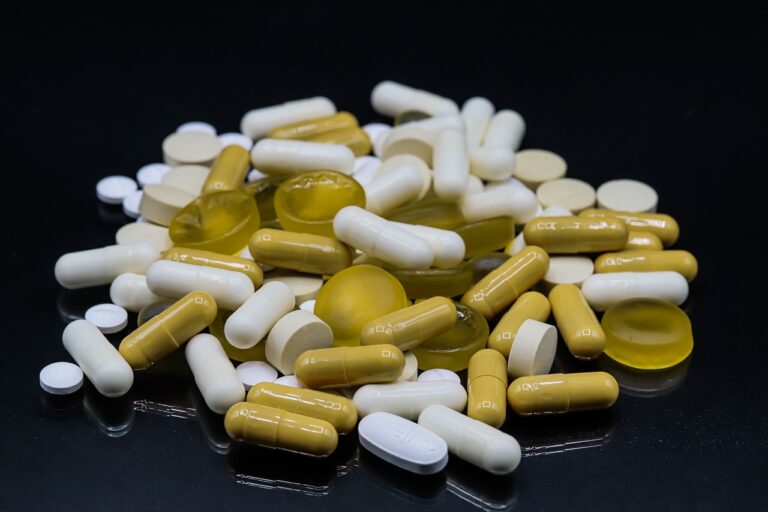Exploring the Gut-Skin Connection: Microbiota and Dermatological Health
The link between gut health and skin conditions has gained significant attention in recent years. Research suggests that the balance of bacteria in the gut, known as the gut microbiota, plays a crucial role in influencing skin health. When the gut microbiota is in a state of imbalance, it can lead to a variety of skin issues such as acne, eczema, and psoriasis.
Maintaining a healthy gut through a balanced diet rich in fiber, prebiotics, and probiotics is essential for promoting good skin health. The gut-skin axis highlights the intricate connection between the gut and skin, indicating that a healthy gut can lead to clearer, radiant skin. By focusing on nurturing the gut microbiota, individuals can potentially improve their skin health from the inside out.
Understanding the Microbiota Balance
The microbiota balance, referring to the vast community of microorganisms residing in our gut, plays a crucial role in maintaining overall health. This microbial population consists of various bacteria, fungi, viruses, and other microbes that coexist in a delicate equilibrium within our digestive system. The diversity and composition of these gut microbes have a significant impact on various bodily functions, including digestion, immunity, and even skin health.
When the microbiota balance is disrupted, it can lead to various health issues, including skin problems such as acne, eczema, and premature aging. Factors such as diet, stress, medications, and environmental toxins can all influence the composition of our gut microbiota. By understanding the importance of maintaining a healthy balance of gut bacteria, we can take steps to support our microbiome and promote optimal skin health.
• The microbiota balance consists of bacteria, fungi, viruses, and other microbes in our gut
• This microbial population affects digestion, immunity, and skin health
• Disruption of the microbiota balance can lead to skin problems like acne and eczema
• Factors such as diet, stress, medications, and environmental toxins can influence gut microbiota composition
• Understanding the importance of maintaining a healthy balance can support optimal skin health
How Gut Bacteria Influence Skin Health
The intricate relationship between gut bacteria and skin health is a topic of growing interest in the field of dermatology. Research has shown that the balance of gut microbiota plays a crucial role in maintaining skin health. The gut microbiome can influence the skin by modulating inflammation, immune response, and even skin conditions such as acne and eczema.
When the gut microbiota is imbalanced, it can lead to increased inflammation in the body, which may manifest as skin issues. By promoting a healthy balance of gut bacteria through proper diet and lifestyle choices, individuals can potentially improve their skin health from the inside out. Understanding the connection between gut bacteria and skin health highlights the importance of taking care of the gut as a way to support overall skin wellness.
How does gut health affect skin health?
Gut health plays a crucial role in the overall health of our skin. The balance of good and bad bacteria in the gut can impact inflammation, which in turn can manifest as various skin conditions.
What is the microbiota balance?
The microbiota balance refers to the equilibrium of good and bad bacteria in the gut. When this balance is disrupted, it can lead to various health issues, including skin problems.
How do gut bacteria influence skin health?
Gut bacteria influence skin health through their impact on inflammation, immunity, and the production of certain nutrients that are essential for healthy skin.
Can improving gut health help improve skin conditions?
Yes, by restoring the balance of gut bacteria through a healthy diet, probiotics, and prebiotics, it is possible to improve skin conditions such as acne, eczema, and psoriasis.
What are some ways to maintain a healthy gut for better skin health?
Maintaining a healthy gut for better skin health can be achieved by eating a balanced diet rich in fiber, probiotics, and prebiotics, staying hydrated, managing stress, and avoiding antibiotics unless necessary.







